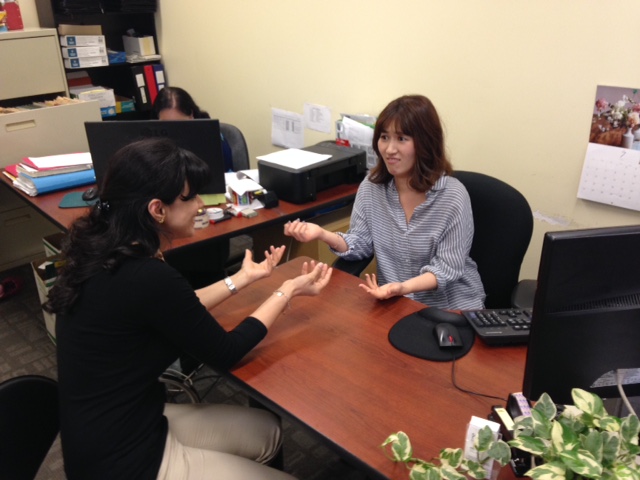
St Giles
Answering Negative Questions
Answering Negative Questions
by St Giles Vancouver
The best thing to do is give them a FULL answer, not just yes or no.
In most cases, it doesn’t matter if you start with yes or no. For example:
Aren’t you finished yet? No, I still have 2 more boxes to open. Yes, I still have 2 more boxes to open. (native speakers will respond with no first)
You don’t like peanuts, do you? (the speaker thinks you don’t like peanuts)
You should answer, no, I don’t. Or no, but I like other nuts. No (or yes), I’m allergic to peanuts.
Give us MORE INFORMATION.
For example:
Aren’t you going to join the group? Well, I have another appointment so I can’t.
Won’t you be cold if you don’t wear your coat? I’ll be fine because I have a sweater and hat.
Can’t you do that tomorrow? I will try but I need to work at the bank late tomorrow.
If you just say yes or no, we will have to ask another question to be sure of your answer.
Aren’t you finished yet? [Yes,] actually I finished this one hour ago.
We didn’t win the lottery, did we? No, sorry to say but we still have to work tomorrow.
You didn’t see Jeremy today, did you? (the speaker doesn’t know the answer) No, I haven’t seen him all week. Yes, I saw him at coffee break.
Try not to think about whether you should say yes or no – just provide the full information the person wants to know.
Find more English Language Tips or find out about learning English at St Giles Vancouver.




